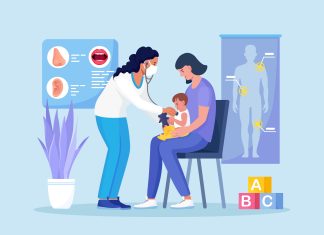Public procurement of semaglutide-based drugs, which have been popularized under Ozempic brand, surged by 28% in 2024, reaching 2,3 billion rubles. This growth brings sales in the state segment closer to the actual needs of patients with type II diabetes, a group that grows by 6% annually, now numbering over 4,7 million in Russia, according to Vedomosti, citing experts and the tender management search engine Tenderplan.
The analysis of purchases across more than 300 electronic trading platforms and tender documentation revealed a slight decrease of less than 2% in the number of state procurement procedures for Ozempic analogues, totaling 373. In 2024, there were 1490 tenders where semaglutide was mentioned along with other drugs supplied in large lots, amounting to 11,2 billion rubles, compared to 790 tenders worth 5,3 billion rubles the previous year, however, the exact expenditure on semaglutide-based drugs cannot be determined.
The analytical firm DSM Group reported that commercial sales of Ozempic analogues in Russia more than tripled in 2024, rising to 8,8 billion rubles. The government procurement, primarily benefiting Russian companies Geropharm and Promomed, contributed 1,7 billion rubles to this figure. For comparison, the total volume of the Russian drug market was substantially lower in previous years, at 3,1 billion rubles in 2023 and 4 billion rubles in 2022.
In addition to Geropharm and Promomed, semaglutide is produced by PSK Pharma (part of the Rus Biopharm Group) and Pharmasyntez-Nord. The availability of sufficient amounts of Russian analogues now allows physicians to prescribe the drug without concerns about shortages. «Sales volume is approaching the actual demand»,— stated Nikolay Bespalov, Director of Development at RNC Pharma.
Semaglutide, included in Russia’s list of vital and essential medicines, was developed by Danish company Novo Nordisk (which branded it as Ozempic) in 2012 for treating type II diabetes and has also demonstrated efficacy in obesity management. The drug’s popularity surged, partly influenced by media personalities who attributed weight loss to its use.
As Big Pharma stopped marketing these type of products in Russia in 2022-2023, domestic companies were interested in the production of versions of Ozempic-like drugs. Meanwhile, the original drug remains available in pharmacies, with orders placed through social media and other channels, according to Bespalov; the average turnover does not exceed 80 000 packages.




